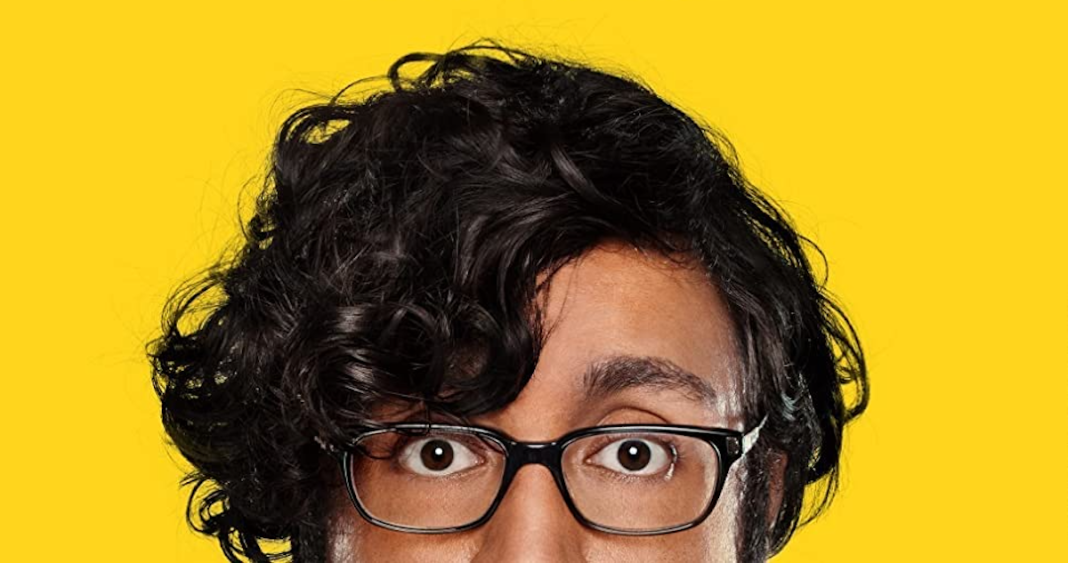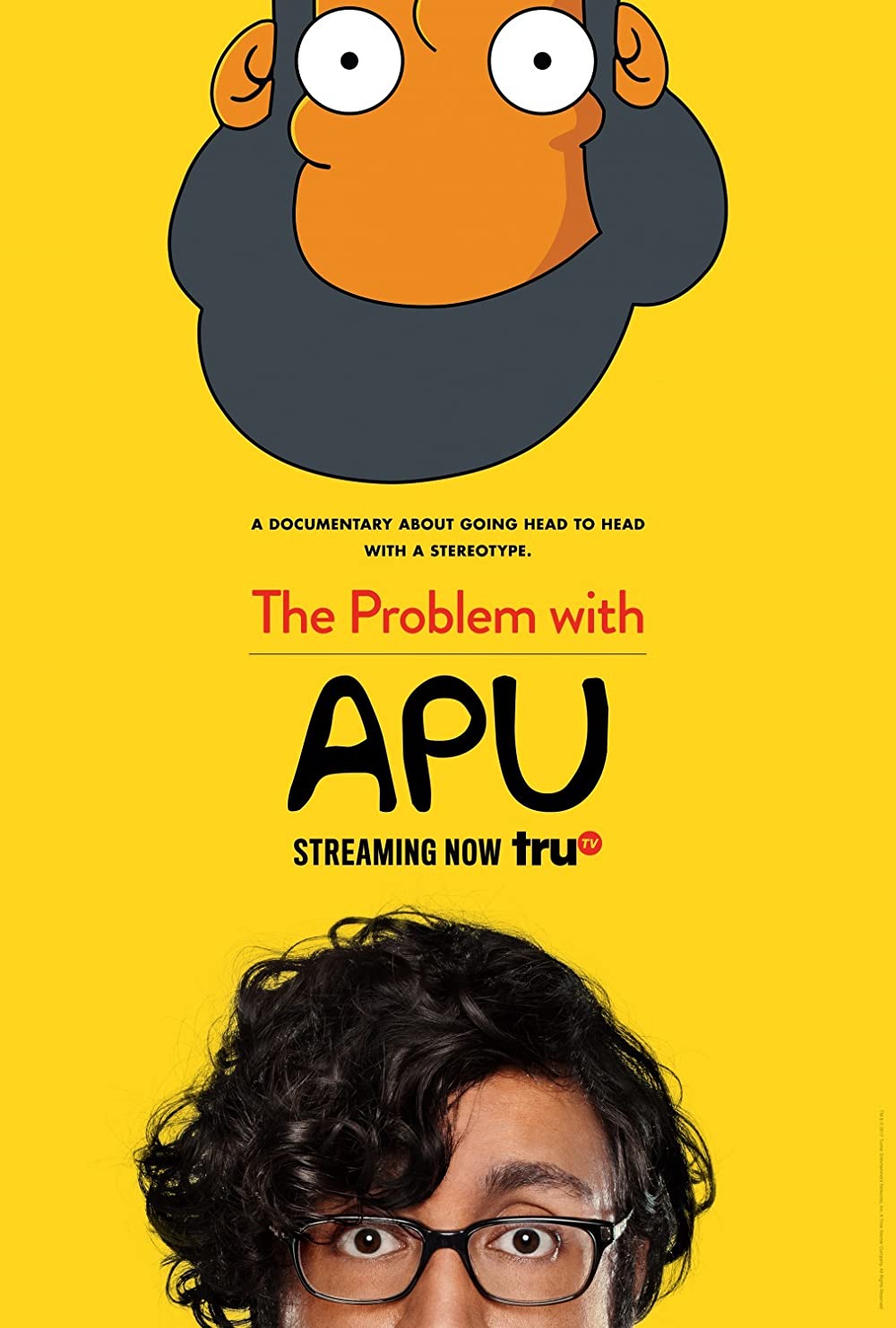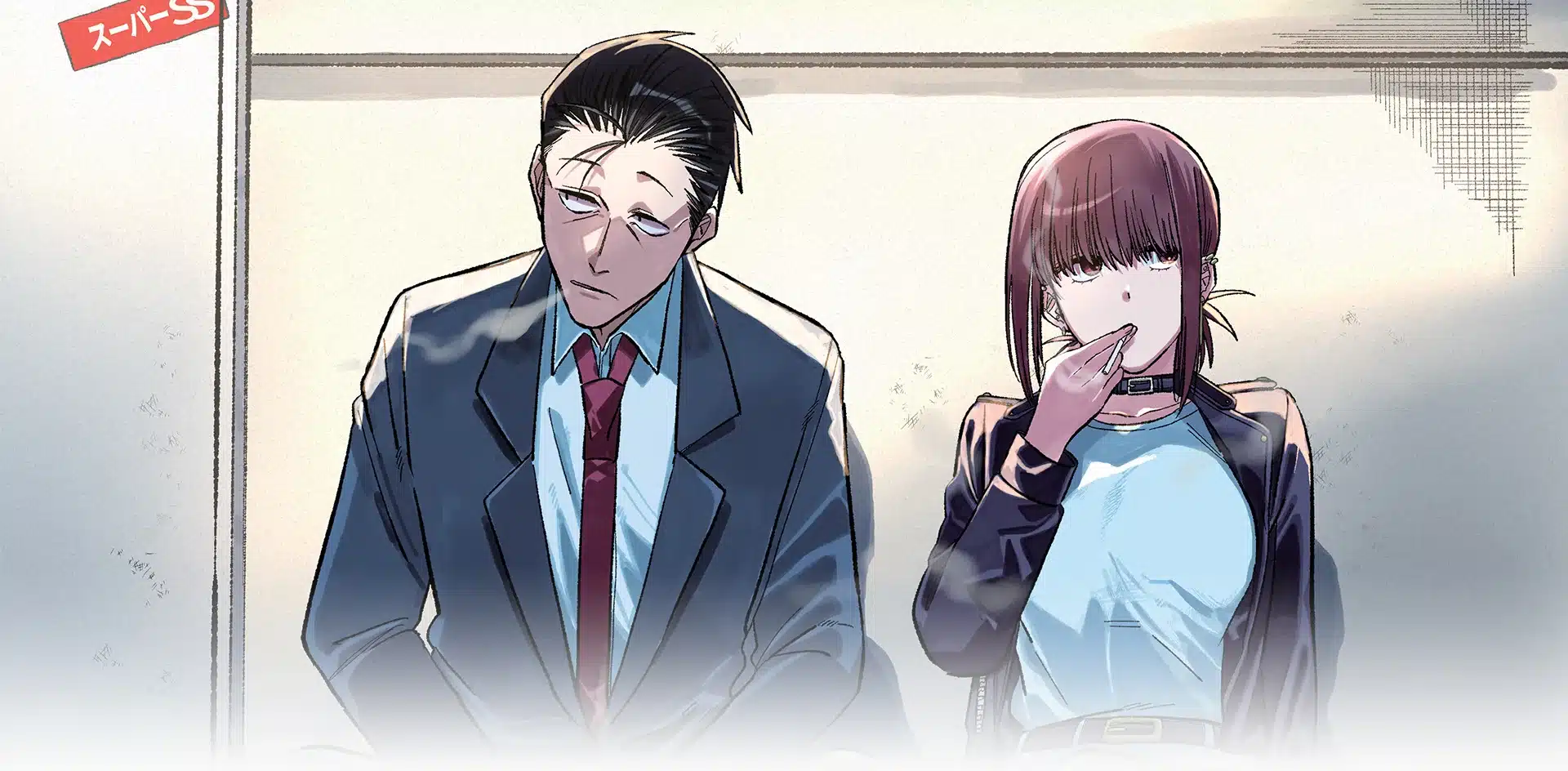Today, April 26th, 2023, comedians Hari Kondabolu and Hank Azaria appeared on NPR’s “Code Switch” to discuss the 2017 documentary The Problem with Apu, and the fallout from the same in the intervening years. The conversation took place in this week’s Code Switch episode “The Fallout of a Callout,” hosted by Gene Demby.
The Problem with Apu
In 2017, The Problem with Apu was released. The documentary was not just critical of Apu’s portrayal by white actor Azaria over thirty seasons of The Simpsons, the seminal animated series created by Matt Groening. It also examined the depiction of South Asian people in American media generally.
Predictably, many judged the documentary without actually watching it. “It all became part of an example of ‘political correctness,’ and here’s another example of someone who just wants to kill something,” Kondabolu told NPR.
However, Azaria reflected on how the documentary changed his perspective on his portrayal of Apu: “A character I did… I hindered them, I caused them pain? I actually actively made their path harder? That sucks. That was one of the first things that really came home to me and made me go, ‘Okay, that’s real.'”
In more recent years, Apu and his family have appeared in the background on new episodes of The Simpsons, now in its 34th season. However, none of them have had any dialogue since 2017’s “The Serfsons.” And in 2018’s “No Good Read Goes Unpunished,” a scene serving as an episode tag seemed to suggest no action would be taken regarding Azaria’s performance as Apu.
However, in January 2020, Azaria announced he would no longer be portraying Apu on The Simpsons. Azaria continues to play dozens of other roles, including Moe Syzslak, Comic Book Guy, and Police Chief Clancy Wiggum.
But there are other roles besides Apu that Azaria has stepped away from, including the Black character Carl Carlson. Since 2020, Carl has been voiced by Alex Désert, including in the 2023 episode “Carl Carlson Rides Again,” which explicitly tackled race relations in Springfield.
Ongoing Fallout
In 2021, Azaria told Dax Shepherd‘s Armchair Expert podcast, “Part of me feels like I need to go around to every single Indian person in this country and personally apologize.”
On “Code Switch,” Azaria thanked Kondabolu for “dragging and pushing me into this conversation.” Kondabolu responded:
“It means a lot to hear you say that. I know you’ve told me privately the impact that I’ve made, but to hear that publicly is a really big deal to me because one of the things that frustrated me after the film came out is that I was getting death threats… Initially, it bothered me that you didn’t mention me because I had to deal with all this crap to get it there… There is a history of white folks talking about what they’ve learned and sharing the knowledge without giving credit to the people of color that actually got them there. Like, you put in the work and then you get never get credit for the work. And at the end of the day, I’m talking about this way more than I wanted to.
“And I know it’s a different experience for both of us because for you it’s opened up all these new ideas and you’ve grown in incredible ways and I can see your excitement about the work you’re doing now. To me, this was old hat when I made the documentary. So it’s the double whammy of being stuck here without also getting props. So for you to say it now does mean a lot.”
You can listen to the entire conversation with Code Switch here.
New episodes of The Simpsons air on Sunday on Fox, are available for streaming the next day on Hulu and are subsequently available for streaming on Disney+.








